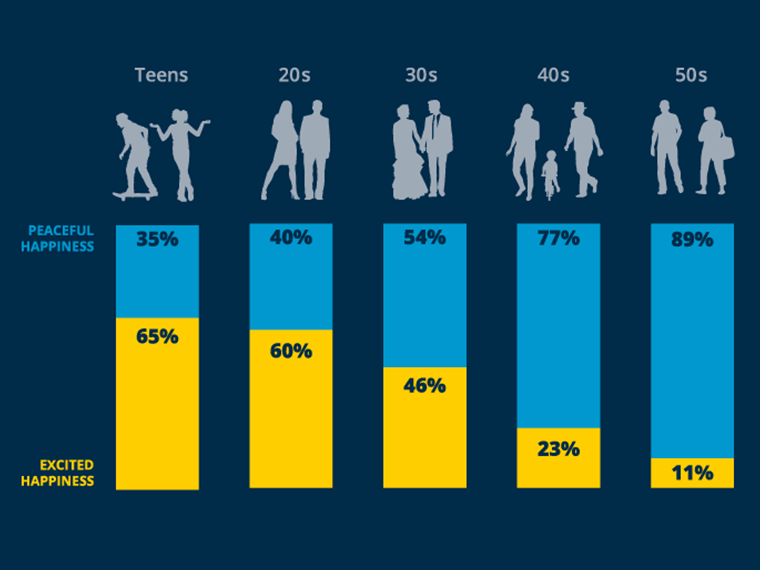Cassie Mogilner Holmes
Professor of Marketing and Behavioral Decision Making; Donnalisa ’86 and Bill Barnum Endowed Term Chair in Management
About
Cassie Mogilner Holmes studies happiness, highlighting the role of time. Her research examines how focusing on time (rather than money) increases happiness, how the meaning of happiness changes over the course of one’s lifetime, how giving time to others can alleviate the stress of being time constrained, and how much happiness people enjoy from spending their time on extraordinary and ordinary experiences. Across these inquiries, her findings highlight the high level of happiness that stems from personally connecting with people and with the present moment. https://www.cassiemholmes.com/
Topics

15 Articles

Thinking in Days, Weeks, Years — Rather Than Minutes — Can Bring Contentment
A broader view of one’s time also changes how one spends it
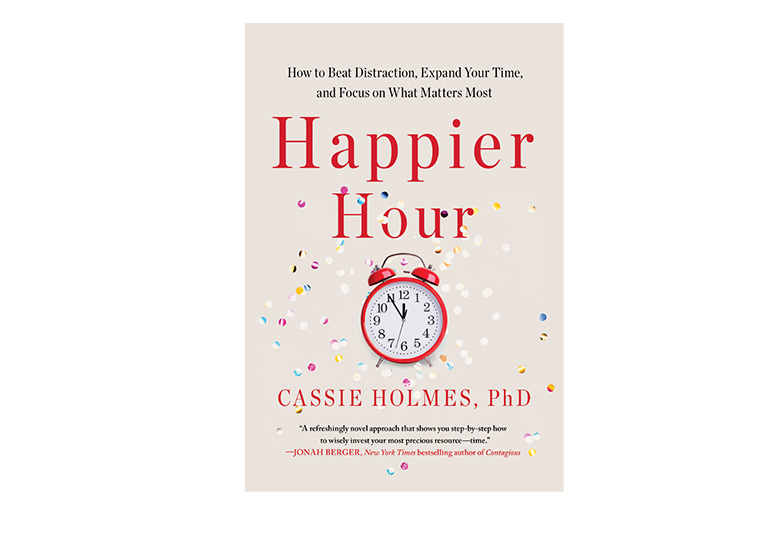
A Method to Happiness: Tested in the Lab and in Life
Cassie Holmes’ book combines social science and personal history; jilted on the way to the altar

As Income Rises, Link Between Meaning and Happiness Weakens
Globally, lower-income people feel a stronger connection

Too Much Free Time? Blame Solitude or Lack of Productive Activity
Even abundant free time, used in meaningful pursuits, brings happiness

Education Pays Off Handsomely, but Borrowing for It Makes People Unhappy
Student debt weighs on happiness more than mortgages or credit card loans
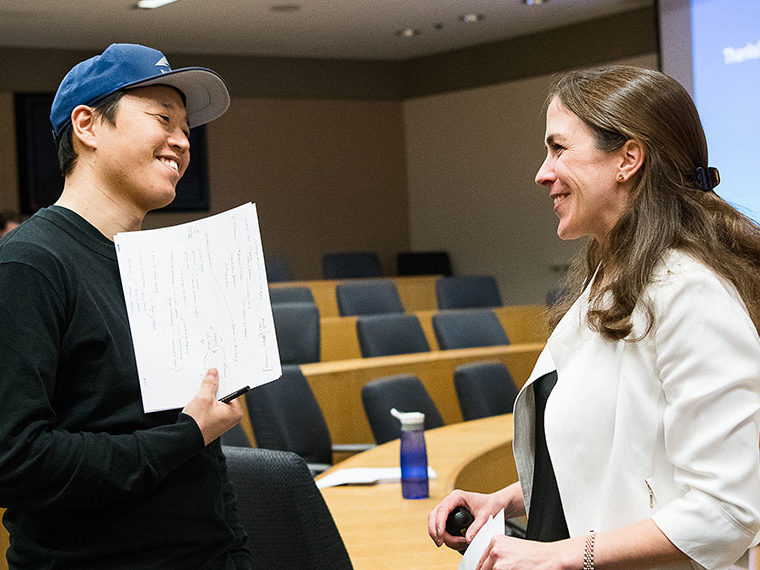
Faculty Q&A: MBA Students in Digital Detox, Committing Random Acts of Kindness
The empirical study of happiness, a growth area at business schools, enters the classroom

Time: How We Manage It, Value It and Relate to Its Passage
A compilation of research offers a compelling cheat sheet for how to get more out of time

Online Reviews Sway Experiential Purchases Less Than Those of Material Products
Reviews that explicitly talk about objective quality assessments are well received
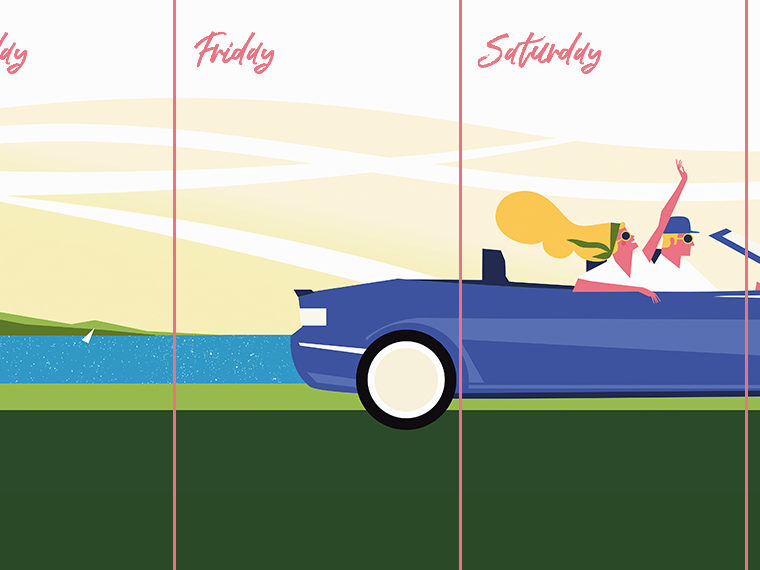
Vacation Mindset: How Weekends Can Be More Refreshing
Researchers told subjects to treat their weekend like a vacation, then gauged happiness on Monday

Joint Bank Accounts Make for Happier Couples
Those who keep finances separate are likelier to split up, be less satisfied with their relationship
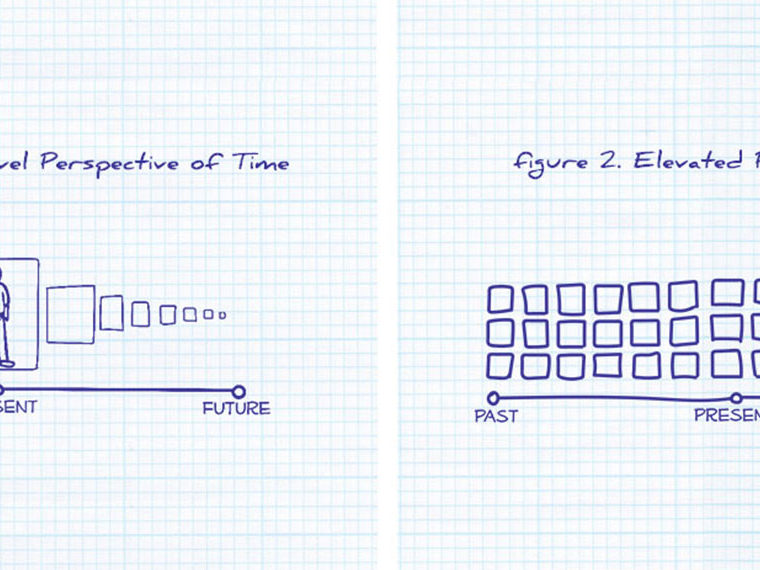
An Aerial, as Opposed to Ground-Level, View of Time
A novel framework proposes to reduce angst over schedules and lives

Happiness and Living in the Moment: Westerners Haven’t Quite Put Them Together Yet
Asians, more than Americans and Europeans, make a point of experiencing joy in the short term

Our Flawed Pursuit of Happiness — and How to Get It Right
New approaches to spending and time-management examine how our actions do or don’t influence our level of satisfaction

